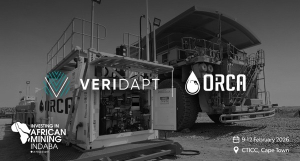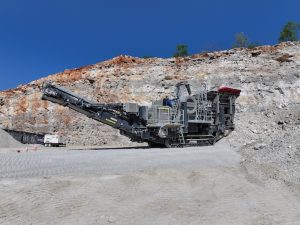On June 16, 2025, Malian authorities officially broke ground on a gold refinery project in Senou, just outside the capital, Bamako. Spearheaded by a partnership involving Mali, Russia’s Yadran Group, and a Swiss investment firm, the plant is designed to process up to 200 tonnes of gold per year, roughly four times the nation’s current output.
Why Mali is building its own refinery
Mali is Africa’s fourth-largest gold producer but until now lacked facilities to refine its own gold. Most rough gold has been shipped abroad to be processed in the UAE, South Africa, and Switzerland, costing Mali valuable export revenues. This refinery aims to change that, enabling Mali to:
- Capture greater economic value by refining gold domestically
- Enhance transparency and oversight to prevent smuggling
- Boost state revenue through accurate taxation and royalties
Interim President Colonel Assimi Goïta highlighted that the refinery will be central to a revamped mining code requiring domestic processing for all gold production.
Key features of the project
- Ownership: The refinery will be majority-owned by the Malian government, which secured a 62% stake via a decree passed May 28, 2025 .
- Capacity & infrastructure: Built for high-scale refining, the plant features modern smelting systems, metal assay labs, secure vaults, and storage facilities. It will produce internationally certified dore bars (~99.5% purity).
- Regional ambitions: Mali aims to certify and export gold from neighboring countries like Burkina Faso, becoming a regional refining hub, especially since West Africa currently lacks any certified gold refinery.
Economic and strategic benefits
- Increased government revenue: Thanks to recent reforms, Mali expects to collect around ₣750 billion (~US$1.2 billion) from mining firms during Q1 2025 alone .
- Job creation: The refinery’s construction phase is projected to employ more than 1,500 workers, and once operational, hundreds of ongoing roles will be maintained.
- Traceability & anti-smuggling: With the facility in place, Mali can better monitor production and exports, combating illicit gold flows that cost African countries billions annually.
Political backdrop and foreign policy
This project coincides with Mali’s realignment away from Western partners following Goïta’s 2021 military takeover. Since then, several Western medical and security agreements have been terminated, and ties with Russia have strengthened including cooperation with Wagner Group mercenaries and Rosatom.
RELATED: Mali halts artisanal gold mining permits to foreigners after incidents
Mali’s pivot reflects a broader regional trend across the Sahel, where countries like Guinea, Niger, and Burkina Faso are similarly reforming mining laws to require domestic processing.
Concerns and critiques
Despite the promise, some analysts urge caution. Key concerns include:
- Transparency issues: Civil society groups and foreign observers demand detailed disclosure of refinery financing, management structures, and oversight measures
- Environmental and artisanal miner impacts: Mali’s roughly 200,000 artisanal gold miners may face marginalization if not integrated equitably. Ensuring fair access and environmental safeguards will be essential
- Geopolitical risks: The deal reinforces Russia’s influence in Mali’s mining sector, a pattern seen elsewhere in Africa involving Wagner and other Russian entities
What’s next and regional outlook
Construction began June 16, 2025, but no exact completion date has been announced. Estimates suggest an 18–24 month construction timeline, potentially completing by late 2026 or early 2027 .
Regional neighbors are watching closely. Côte d’Ivoire’s mining professionals have praised the initiative as a “win‑win partnership”, signaling potential replication if the model proves successful .
If Mali achieves its ambitions, this refinery could kickstart a wave of regional investment aimed at boosting domestic processing capacity, improving state revenue, and reducing reliance on foreign refining facilities.
Bottom line
- Mali’s Russia-backed gold refinery marks a significant shift toward self‑sufficiency and regional dominance in gold processing.
- The plant’s 200 t/year capacity and majority state ownership represent both economic and geopolitical milestones.
- With proper transparency and stakeholder integration, the refinery could enhance Mali’s economy sustainably, but governance, environmental oversight, and artisanal inclusion remain critical.
This development sits at the intersection of economics, politics, and regional strategy, underscoring Mali’s bid to transform its gold industry and deepen its geopolitical reorientation.
Follow and Like our Facebook page







